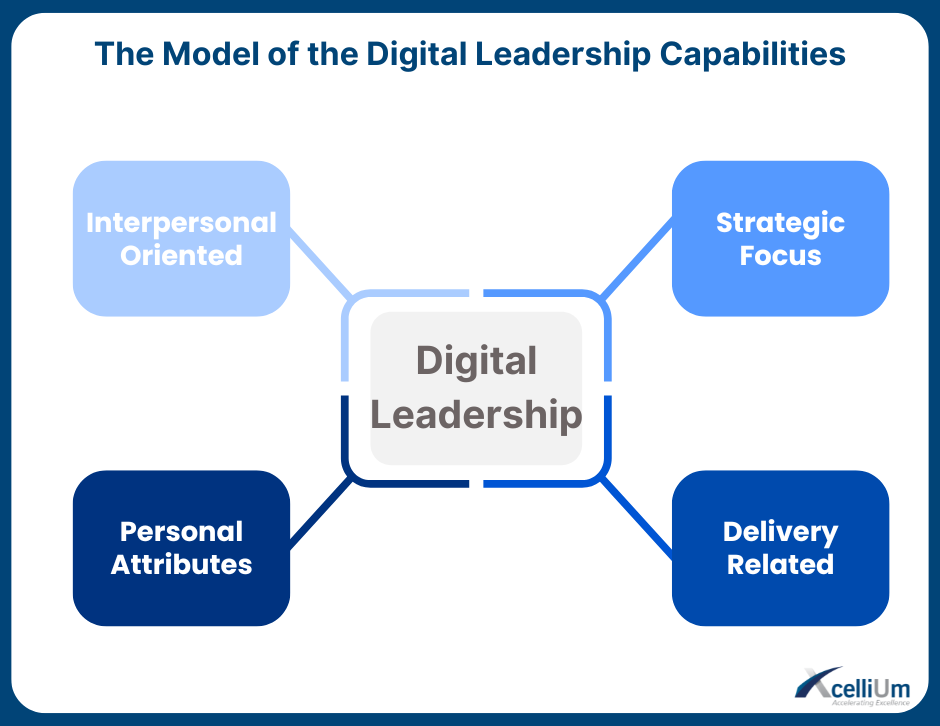The Peloton Model for Social Performance
- Nancy Nouaimeh
- Aug 23, 2022
- 2 min read
Updated: Jan 26, 2024

This definition of a triathlete, which I saw at the Triathlon racetrack in Yas Island, Abu Dhabi, is quite fun. It is also a wonderful expression of the strength of a triathlete, strength of mind, body, and character.
Since my triathlete kids discovered the thrilling word of cycling, I’ve myself had a quite interesting learning journey on how motivation and performance improvement in the Peloton work.
There are few articles available, about Social Performance and the Model of the Peloton, and what makes the cornerstone of the successes and triumphs of cyclists. They are good eye-openersto understand the uniqueness of what the model brings into play, and how it could be reflected in the corporate world.
Basically, social performance management is about maximizing the individual performance of members, by creating a culture that unlock and inspire people’s full potential. With focus on both LOW and HIGH performers. We often focus on our rising stars only, don’t we?
The big impact in teams and organizations, come from transforming the performance of those who are at the bottom of the performance scale, and raising the level of performance of the entire team along that.
While I cannot really say that my kids are low performers,having finished several of their races on the podium, they too had moments of low performance, doubts, and lack of confidence. Ups and downs that needed to be monitored and reduced.
Their coach, my husband and I,did our job in monitoring their performance, their moral, their attitude and their well-being. But the major transformation did not happen because of that only, it happened, when themselves decided to take ownership of their performance. They became more consistent, more fulfilled, and mostly managed to connect their body and mind. It is a force, when reached, can transform low performers into outstanding performers. It just needs to be enabled and some environments support this more than others.
So, my belief is that all team members deserve attention and equal opportunities to be developed. In most cases it is not a waste of time, it is richness, and strong teams count on each of their members to Excel. Leaders are given the chance to test this theory, keeping in mind that several other elements are as important for the success of a team in a constructive workplace:
1- Create a supportive environment for all team members
2- Communicate a compelling and clear direction
3- Establish effective practices for the team to follow
4- Provide psychological safety and a focus on continuous learning






I do agree that the success of a team counts on the good performance of all the team members. Thank you Nancy for sharing your kids experience with us.